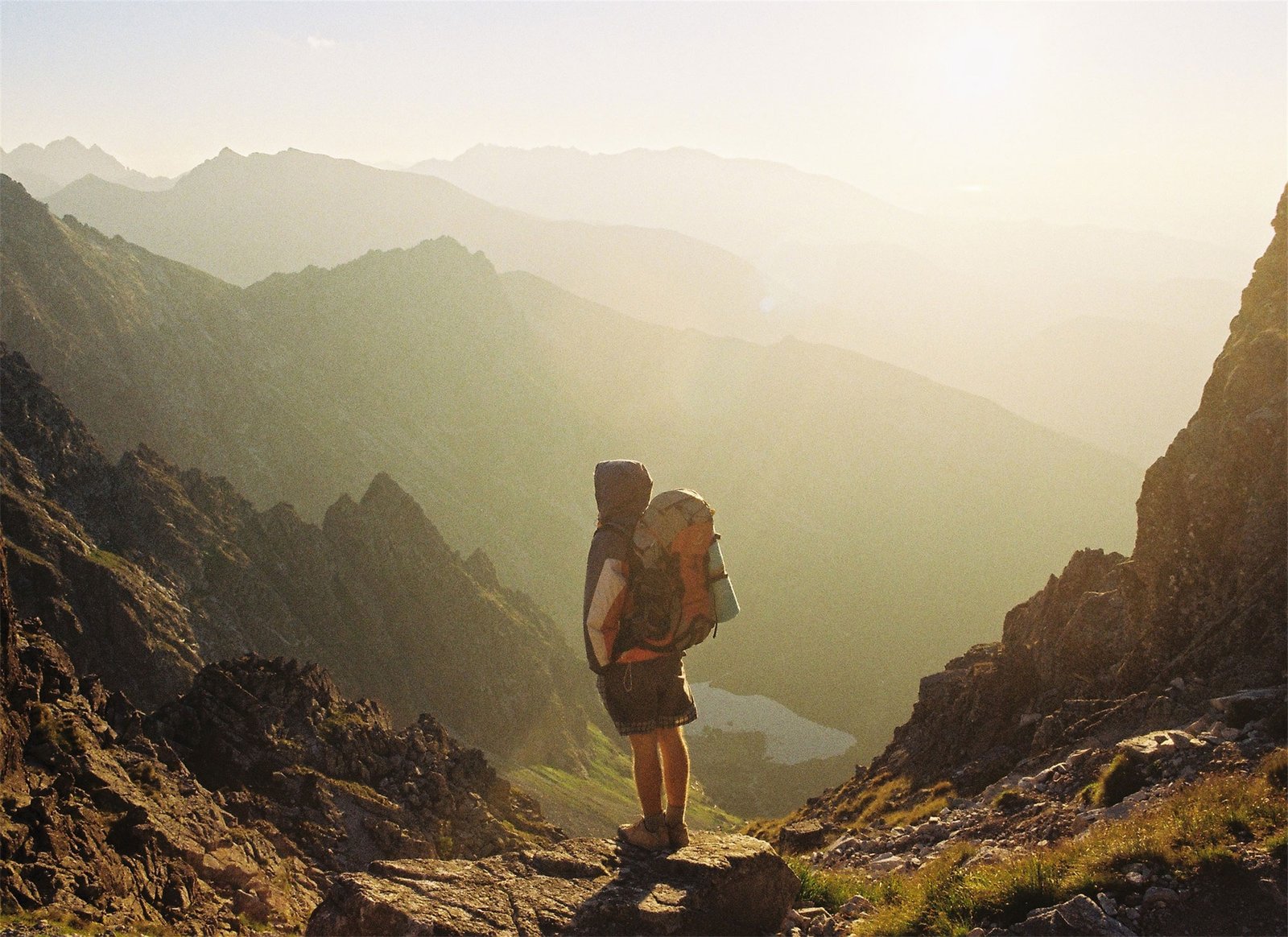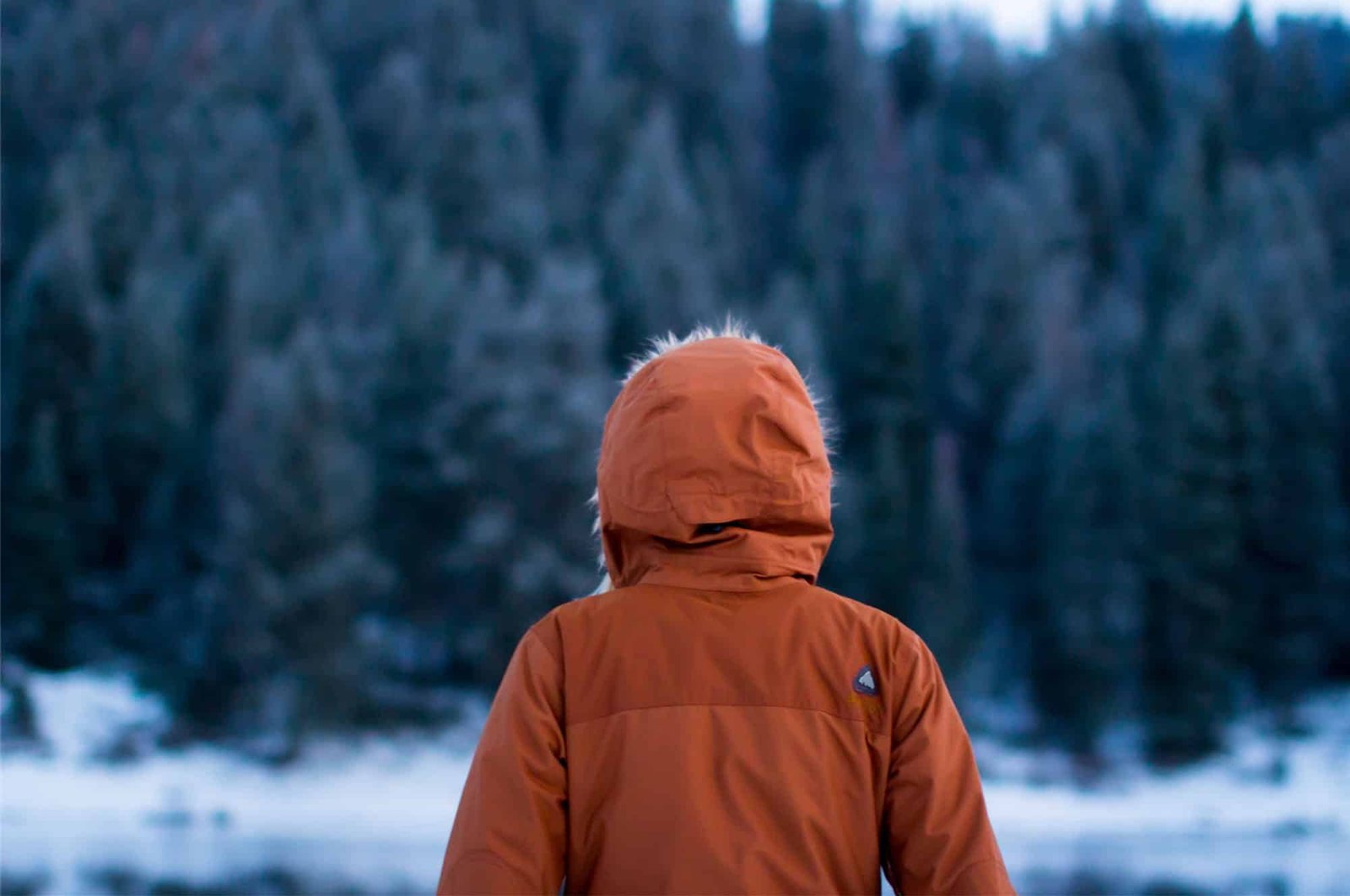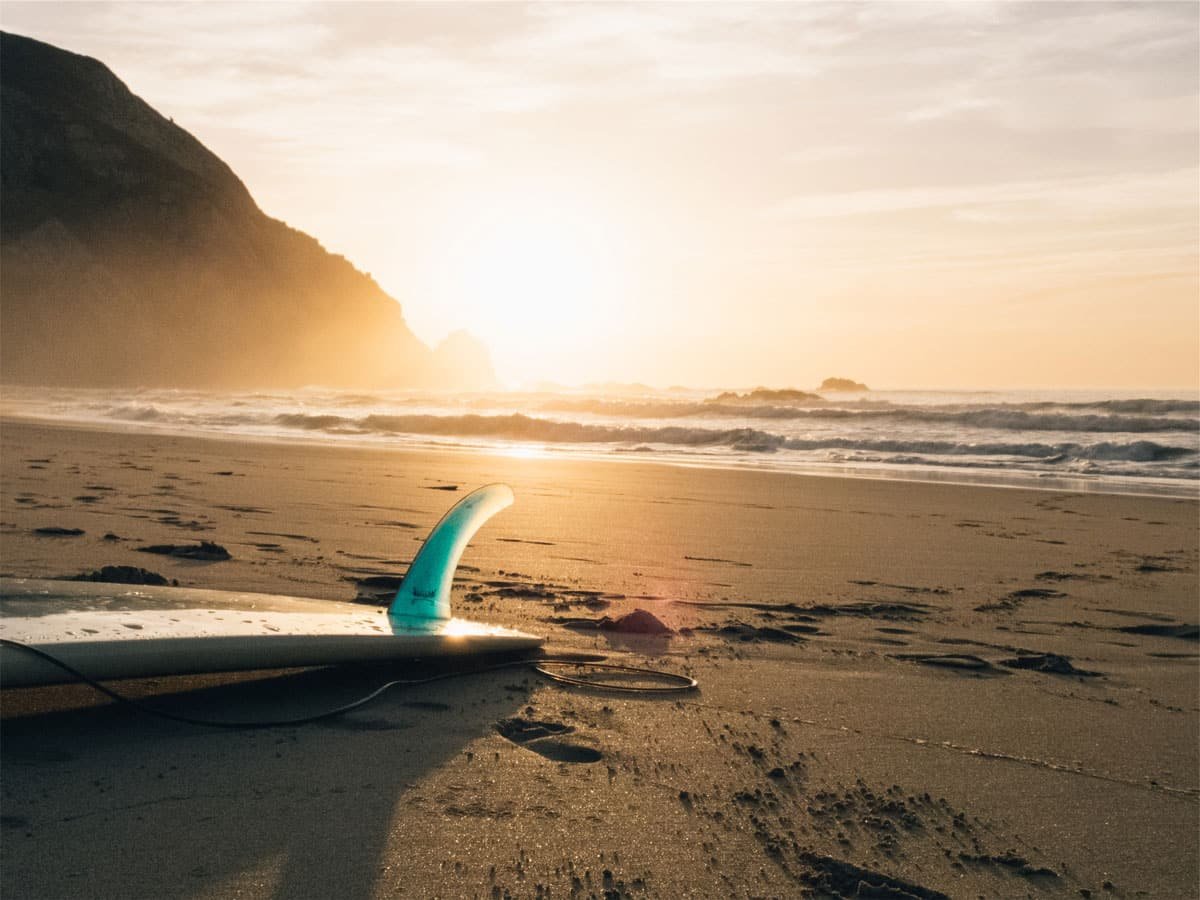As Michigan’s deer hunting landscape continues to evolve, an exciting opportunity presents itself for enthusiasts and concerned citizens alike.
On October 31, 2024, Bridge Michigan will host a free and engaging Zoom discussion titled ‘Lunch Break,’ designed to address the challenges and changes facing deer hunting in our state.
With an ever-growing deer population juxtaposed against a noticeable decline in the number of active hunters, this event seeks to foster an open dialogue about the future of hunting in Michigan.
Join a panel of esteemed experts, including Mounir Awad, a seasoned deer hunter; Todd Johnson, the dedicated director of advocacy for the Michigan National Deer Association; and Chad Stewart from the Michigan Department of Natural Resources.
Moderated by Kelly House and Janelle James from Bridge Michigan, this discussion will delve into pressing topics such as regulatory shifts, hunting participation initiatives, and the efforts to preserve this cherished tradition.
Don’t miss your chance to be part of this informative conversation—register today and bring your questions to the table!
Key Takeaways
- The ‘Lunch Break’ Zoom discussion will focus on the challenges of deer hunting in Michigan amid a rising deer population.
- Experts from various backgrounds will provide valuable insights and address changes in regulations and community involvement.
- Participants are encouraged to register and contribute questions to foster an engaging dialogue on Michigan’s hunting tradition.
Overview of the Deer Hunting Situation in Michigan
Michigan’s deer hunting landscape is experiencing a transformation that resonates with both enthusiasts and conservationists alike.
On October 31, 2024, Bridge Michigan will host a complimentary Zoom discussion titled ‘Lunch Break,’ designed to explore the various facets of deer hunting in the state.
Central to the conversation will be the perplexing rise in the deer population, which has surged even as the numbers of active hunters have declined—a phenomenon that raises important questions about sustainability and management.
Attendees can expect to delve into pressing topics such as the challenges faced by current hunters, recent changes in hunting regulations, and strategic initiatives aimed at revitalizing the hunting tradition to attract new participants.
Esteemed speakers will include Mounir Awad, an experienced deer hunter; Todd Johnson, the director of advocacy for the Michigan National Deer Association; and Chad Stewart from the Michigan Department of Natural Resources.
The discussion will be skillfully moderated by Kelly House and Janelle James, ensuring a dynamic exchange of insights.
As part of an ongoing series dedicated to addressing critical issues within the state, this event also encourages participants to register in advance and submit their inquiries for the panel, fostering an interactive and inclusive environment.
Expert Insights and Community Engagement Opportunities
In recent years, the declining number of hunters in Michigan has become a significant topic of concern among wildlife management authorities and conservationists.
With approximately 677,000 hunting licenses sold in 2022—down from over
1.1 million in 2000—the pressure on deer populations has intensified.
This decline poses questions about the impacts on ecosystems, local economies, and cultural traditions tied to hunting.
Importantly, rising deer numbers can lead to increased instances of vehicle-deer collisions, crop damage, and potential disease spread among deer populations.
Therefore, the upcoming panel discussion will not only focus on the experiences of hunters but will also explore broad implications for wildlife management.
Experts will share insights on sustainable practices, recent regulatory adaptations aimed at controlling population growth, and recommendations for engaging younger generations in hunting as a cherished outdoor activity.










